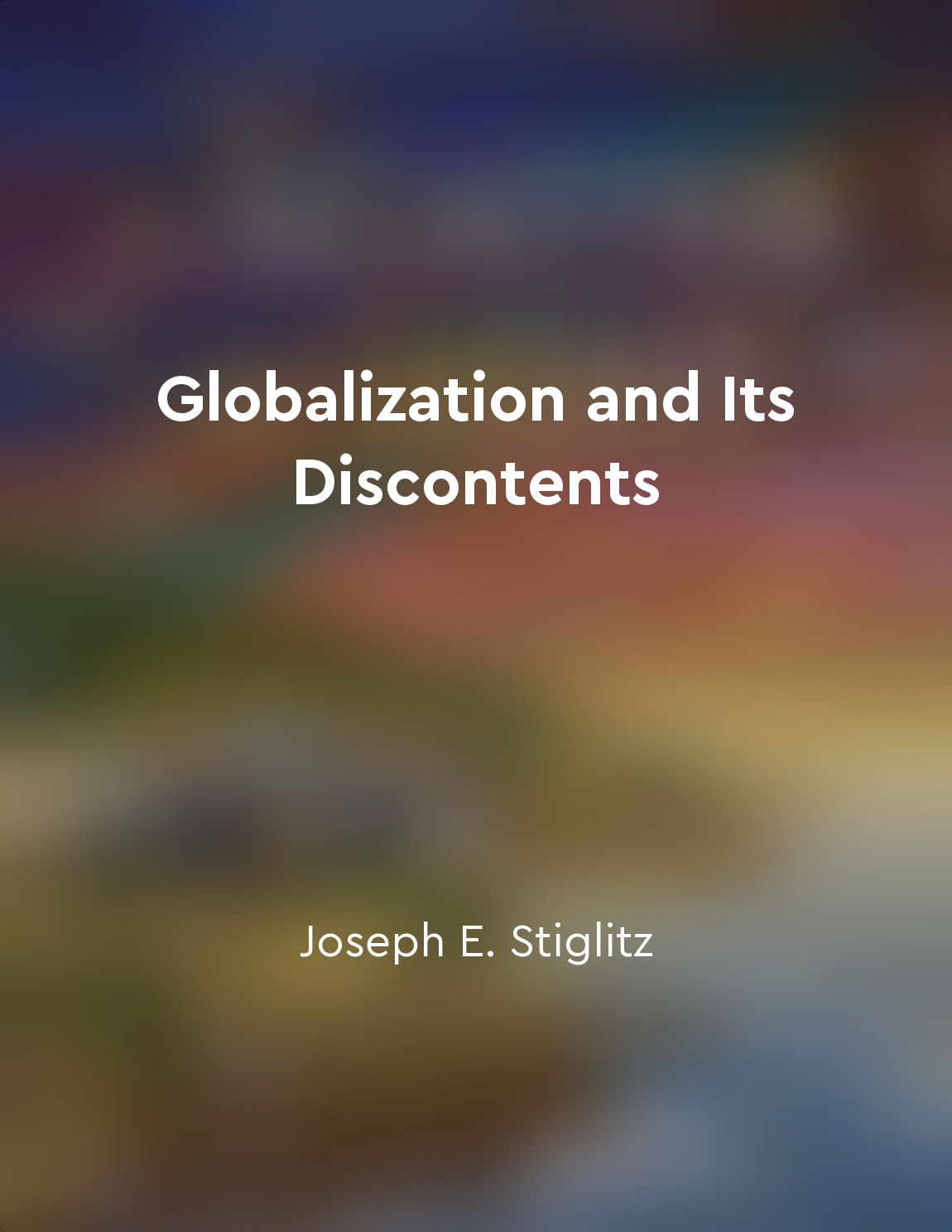Audio available in app
Free trade agreements promote economic cooperation between nations from "summary" of Modern Law of International Trade by Ajendra Srivastava
Free trade agreements play a crucial role in fostering economic cooperation between nations. These agreements are designed to eliminate barriers to trade, such as tariffs and quotas, thereby promoting the exchange of goods and services across borders. By reducing trade barriers, free trade agreements create a more open and competitive global marketplace, which can lead to increased economic growth and prosperity for all parties involved. One of the key ways in which free trade agreements promote economic cooperation is by encouraging investment between countries. When trade barriers are removed, businesses are more likely to invest in foreign markets, leading to increased job creation and economic development. This, in turn, can help to strengthen the economic ties between nations and foster greater cooperation in other areas as well. Additionally, free trade agreements can help to promote technological innovation and knowledge sharing between countries. By facilitating the exchange of goods and services, these agreements can help businesses access new technologies and ideas from foreign markets. This can lead to increased productivity and competitiveness, as well as foster greater collaboration between nations in research and development. Furthermore, free trade agreements can also promote sustainable development by encouraging the adoption of environmentally friendly practices and standards. By setting rules and regulations around environmental protection and sustainable development, these agreements can help to ensure that economic growth is not at the expense of the planet. This can lead to greater cooperation between nations in addressing global challenges such as climate change and pollution.- Free trade agreements are an important tool for promoting economic cooperation between nations. By removing trade barriers, encouraging investment, fostering innovation, and promoting sustainable development, these agreements can help to create a more interconnected and prosperous global economy.
Similar Posts
The value of nature should be recognized in economic decisionmaking
Recognizing the value of nature in economic decision-making is essential for ensuring sustainable development. This concept emp...
Geopolitical shifts and alliances
Geopolitical shifts and alliances are at the core of global relations in the year 2030. The balance of power among nations has ...
The idea of meritocracy is flawed
The concept of meritocracy, the idea that individuals rise to the top based on their talent and hard work, is prevalent in capi...

Liability rules can deter harmful behavior
Liability rules create incentives for individuals to avoid engaging in harmful behavior by making them financially responsible ...
Sustainable development is a longterm goal
Sustainable development is a complex and multifaceted concept that requires a long-term perspective to achieve its goals. It in...

Prosperity was a defining characteristic of postwar America
In the years following the Second World War, the United States experienced a period of unparalleled economic growth and materia...

Personal responsibility is key
The notion of personal responsibility is central to the argument for a free society. Individuals must take responsibility for t...

The pursuit of profit often comes at the expense of social and environmental wellbeing
The relentless pursuit of profit, the driving force behind the modern global economy, frequently leads to negative consequences...
Misunderstandings about prices
One of the common misunderstandings about prices is that they are simply arbitrary numbers that businesses decide to charge for...

China is investing heavily in renewable energy to combat climate change
China's commitment to combating climate change is evident in its substantial investments in renewable energy sources. The count...

